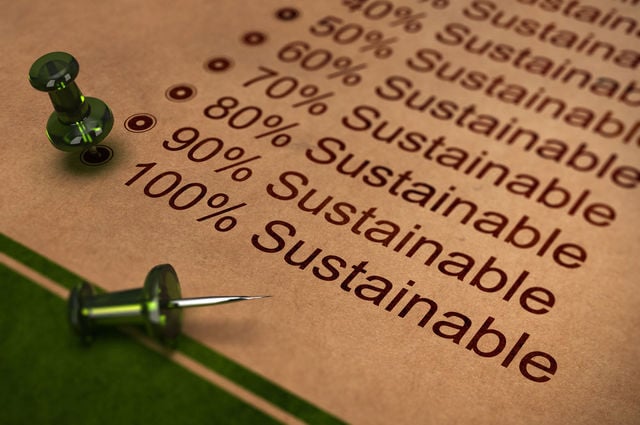How can sustainability be communicated beyond clichés and greenwashing?
31 experts shared their view
Both clichés and greenwashing are amongst the biggest traps to fall into when communicating sustainability. A "let's save the world" claim and tacky towel policy stickers are superficial and unappealing and could be a turn-off to the small group of environmentally and socially-conscious consumers. Green certification and lengthy, detailed corporate sustainability reports may (potentially) be of interest to a small niche group of highly activist consumers, who may not buy into that type of corporate hospitality in any case. However, there is a growing number of informed travelers: Those in search of genuine wellbeing and meaningful experiences at no (or as little as possible) cost to the planet. What works and what doesn't work in communicating sustainability? Any recommendations in regard to communication entering this critical decade?
CSR communication is delicate, with a range of poor examples evident in the past. The rules of non-CSR communication, targeted at building brand recognition or customer loyalty, do not always apply. Recent research underlines important characteristics of CSR communication that can impact consumer choice. First, consumers do not necessarily prefer proactive CSR. Reactive initiatives may also nudge their choices, and thus communication does not have to focus only on proactivity. Second, it is essential to provide evidence that is externally verified by a credible third party. This alleviates the fear of greenwashing or greenhushing and helps to deliver an effective message. As a result, solid evidence of CSR initiatives that react to a situation may be more compelling to customers than promises of future actions that cannot be yet verified.


